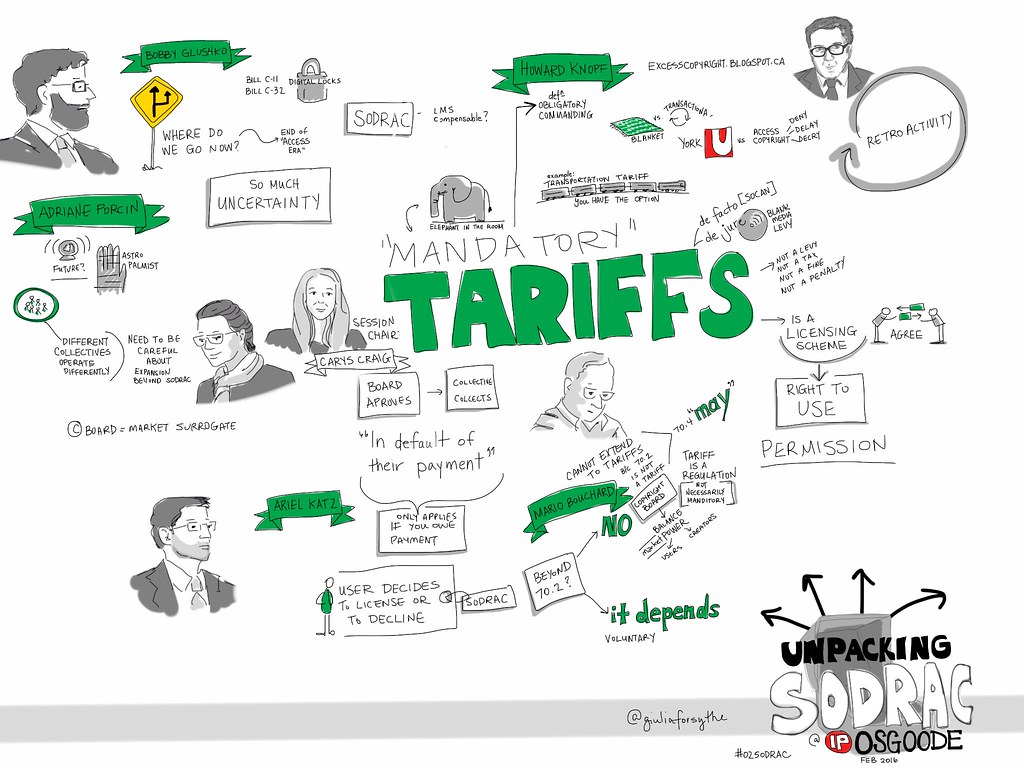Key Takeaways:
- A federal appeals court has temporarily blocked a lower court’s decision to strike down most of Trump’s tariffs.
- The tariffs, imposed under the International Emergency Economic Powers Act, affect countries like China, Canada, and Mexico.
- The lower court had ruled that Trump’s tariffs were unlawful, but the appeals court’s decision means they remain in effect for now.
- This case could have major implications for U.S. trade policy and international relations.
The Lower Court’s Ruling
The drama began on [date], when a three-judge panel from the United States Court of International Trade made a significant ruling. They decided that most of the tariffs President Donald Trump imposed on imported goods were unlawful. These tariffs were placed on products from countries like China, Canada, Mexico, and others during Trump’s presidency.
The judges said Trump exceeded his authority when using the International Emergency Economic Powers Act (IEEPA) to impose these tariffs. The IEEPA is a law that allows the president to respond to national emergencies, but the court believed it doesn’t grant the power to unilaterally impose tariffs without Congress’s approval.
This ruling was a major blow to Trump’s trade policies, which were a cornerstone of his administration. It also raised questions about the limits of presidential power in shaping U.S. trade relations.
The Appeals Court Steps In
Just as it seemed the lower court’s decision would stand, the federal appeals court stepped in. They issued a temporary pause on the ruling, essentially hitting the “reset” button. This means Trump’s tariffs will remain in effect for the time being.
The appeals court’s decision doesn’t necessarily mean they agree with Trump’s actions. It simply gives them more time to review the case and make a final ruling. This pause is a critical moment in the legal battle over presidential authority and trade policy.
What’s Next?
The case is far from over. The federal appeals court will now take a closer look at the lower court’s ruling and decide whether to overturn it permanently or side with the initial decision.
If the appeals court ultimately agrees with the lower court, Trump’s tariffs could be removed. This would likely have significant effects on U.S. trade relationships with countries like China, Canada, and Mexico. On the other hand, if the appeals court rules in favor of Trump, it could set a precedent for future presidents to impose tariffs without congressional approval.
Why Does This Matter?
This case is about more than just tariffs. It’s about the balance of power in the U.S. government and how trade policies are made. If the courts ultimately decide that Trump overstepped his authority, it could limit the power of future presidents to act unilaterally on trade issues.
On the other hand, if the courts side with Trump, it could give the president more flexibility to respond to economic challenges without needing Congress’s approval. This could have long-term implications for U.S. trade policy and its relationships with other countries.
The Bigger Picture
The tariffs imposed by Trump were part of a broader strategy to reshape U.S. trade policy. He argued that these tariffs were necessary to protect American jobs and industries, especially against competitors like China. However, the tariffs also led to higher prices for consumers and strained relationships with key trading partners.
This case highlights the complexities of international trade and the challenges of balancing economic, political, and legal considerations. As the legal battle continues, the world will be watching to see how this unfolds.
Conclusion
For now, Trump’s tariffs remain in place, but the final outcome is still uncertain. The appeals court’s decision to pause the lower court’s ruling gives both sides more time to argue their cases.
As this legal drama plays out, one thing is clear: the outcome will have far-reaching implications for U.S. trade policy, presidential authority, and international relations. Stay tuned for updates as this story continues to unfold.
